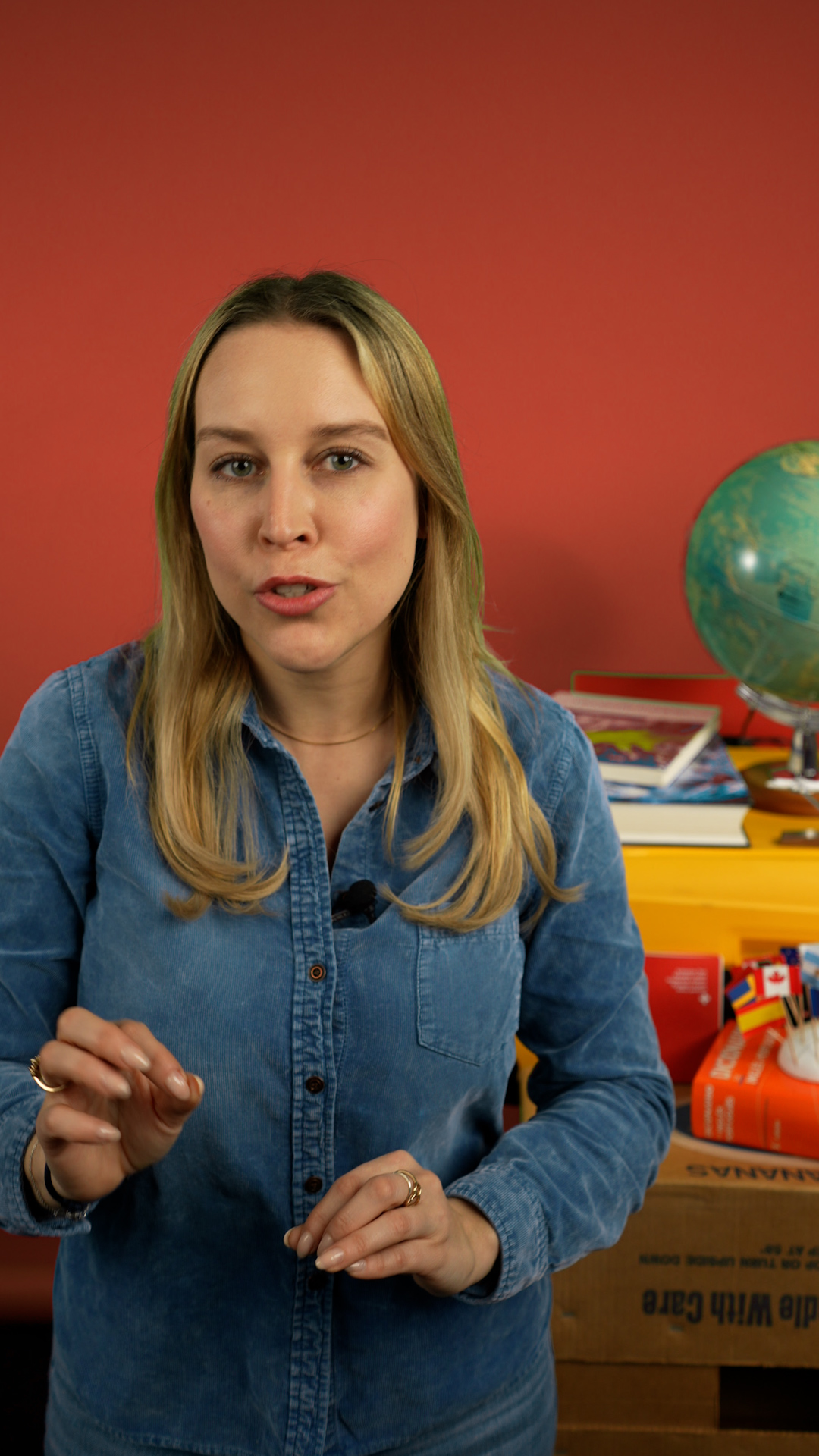
Advice for Swiss families moving abroad

Emigrating as a family can be exciting. But moving abroad with children also brings a fair share of uncertainties and concerns. This guide answers common questions with a focus on education and health.
Preparation
It is important to properly prepare your children well ahead of the move and in a way that is suitable for their age. Make sure you involve them in the process, take their concerns seriously and always keep their expectations realistic.
Going on holiday to your new country of residence ahead of the move can be very helpful. It gives your children the chance to get a feel for their new surroundings and maybe even for their school. You can also read books about their new home country with them or look at photographs. The most important thing is to involve them in the planning and not to present them with a fait accompli.
Education
First of all, find out about the legal situation: how is the educational system structured in the country? Is it similar to the Swiss system? Is kindergarten and/or school attendance compulsory?
The next step is to decide whether you want to send your children to a local or an international school. If you opt for a local school, you will have to choose between a private and a public school. The quality of the school can be a very important factor when moving abroad.

More
Switzerland to Thailand: what it takes to move a family across the globe
Another important step is to find out whether the school qualification is recognised internationally. Time and again, expat children find it difficult to get their qualifications recognised for further education (e.g., university degrees, professional training programmes, commercial college, etc.) or for certain professions, whether in Switzerland or beyond.
However, if you send your children to an internationally recognised school such as a SwissExternal link, FrenchExternal link or GermanExternal link school, you will not have to worry about it as the qualifications of these schools are internationally recognised, even the high school diploma.
The International BaccalaureateExternal link (IB) is now also widely recognised. Depending on the country, qualifications from ordinary state schools are usually recognised without major problems. For further information, contact the State Secretariat for Education, Research and Innovation (SERI) or educationsuisseExternal link, the network for Swiss schools abroad.
When choosing a school, do not underestimate the cost factor. Fees for private and international schools can be very high, and not all countries offer scholarships. No matter which school you opt for, make sure you start the enrolment process as early as possible to avoid missing the registration deadlines.

If your children already attend secondary school, they may have to catch up on coursework or do some additional work. Apart from the language barrier and the usual adaptation problems, pressure at school could be an additional burden.
Teenagers should also decide what they would like to do once they graduate from school. Do they want to do vocational training or go to university? Do they want to do this in Switzerland or abroad? If so, what are the requirements?
Last but not least, it is important to consider the different school cultures: are school uniforms required? Does the school have a more or less authoritarian teaching style with more or less strict rules, religious values, etc.? What is important to you and your children, and what are considered “No-Gos”? Address these questions in advance to avoid potential conflict.

More
How a small cooperative extends a lifeline to Swiss abroad
Child-care facilities
Just like in some parts of Switzerland, waiting lists for child-care facilities can be long, however, the situation varies from country to country. In some countries you may even be legally entitled to a day-care place. Hence, it is important to find out about the necessary requirements well in advance and prepare accordingly.
Plan a holiday in your new home country before your move as it will give you a good idea of what private and state institutions are on offer and the level of their quality. Being in the country may also give you the chance to reserve a space in the facility.
Healthcare
Before your departure, find out which vaccinations your children should have before entering the country, and which ones are generally required. Please note that certain vaccines may not be available in the country or may be extremely expensive.
Another important point is that the healthcare systems in some countries are not to Swiss standards. Just think of the vaccination scandals in China, where infants were given substandard or ineffective vaccines, such as the rabies vaccine. If you are unsure about the quality of the healthcare system, we advise you to find out as much as possible while still in Switzerland.
If your child suffers from allergies or any other chronic disease and needs medication, find out whether the necessary drugs are readily available in your new country, and if not, find out how else you could get it and how much it would cost.
Keep all relevant documents up to date so that you can travel at any time and receive medical treatment in Switzerland or any other country, if necessary. This is even more important if you reside in a country where medical care is not guaranteed.
Insurance and health insurance
Find out whether health insurance is obligatory in your new country of residence. If not, pay attention to the price-performance ratio for local or international voluntary health insurance cover. It may be worth taking out an international Swiss health insurance policy.
Several Swiss health insurance providers offer international health insurance for expatriates. However, they must be taken out before deregistering in Switzerland. Please bear in mind that acceptance is not guaranteed and depends on a health check.
This informational article has been provided by Soliswiss, a cooperation that offers advice on questions related to emigration. If you have any queries, please contact SoliswissExternal link.
More

In compliance with the JTI standards
More: SWI swissinfo.ch certified by the Journalism Trust Initiative





































You can find an overview of ongoing debates with our journalists here . Please join us!
If you want to start a conversation about a topic raised in this article or want to report factual errors, email us at english@swissinfo.ch.